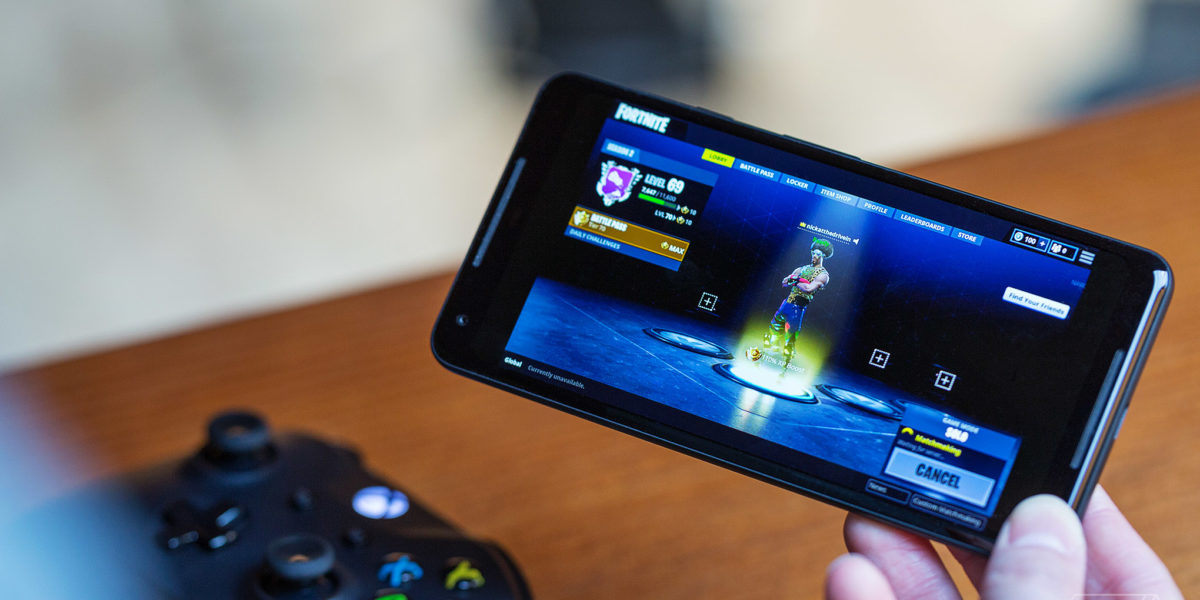French start-up Blade’s recent launch of desktop-as-a-service Shadow in the US has made waves. It’s been a little while since we talked about the concept of cloud gaming as reshaping the gaming industry, but this is a new kind of disruption.
Cloud gaming lets you play a game through any device with Internet connectivity; it reduces the need for technical hardware, as it’s the server that does all the heavy processing, enabled by the service providers’ ongoing efforts to enhance infrastructure as we’ve seen again at MWC this year. Cloud-based services offer endless opportunities both in B2B and B2C.
But whilst we’ve seen a rise in software offerings for gaming on demand, with new emerging players like Amazon that are interesting to watch, brands are only now starting to tackle the question of hardware itself.
Nvidia Geforce has been trying to claim first mover advantage, with a released Beta version. But Shadow is now heading the race with a disruptive proposition: pay a monthly subscription to access a powerful, high-end gaming PC via any device. All you need is good connectivity.
So is this the end of hardware? Not necessarily, but disruption should be expected for hardware providers, such as console and PC brands, who will have to rethink the role and benefits of cutting-edge hardware ownership.
Most cloud-based gaming services tend to be positioned as an affordable access to high-end gaming solutions. Instead of spending all their money for processors and video cards, gamers can use their Internet connection to access great gaming experience.
It makes gaming more accessible to all, which is a true need if we consider that top new products often require hardware specs higher than what most can afford.
But interestingly, it’s not just about cost and value.
Technology brands have complexified consumers’ ecosystems in such a way that those who can now simplify are winners. In this context, we are excited to see the development of Google Yeti, which should allow game streaming simply via Chromecast, making Google definitely the key brand of the smart home.
Successful brands ensure products and services offerings measure up to what the new generation is requiring, and Millennials are known to favour access over ownership, giving rise to a new sharing economy. Why should the new generation of gamers burden themselves with the maintenance of high-end hardware?
There is also a new opportunity for all those who are not early adopters (most of us…) to finally access superior gaming experiences, without the need of intense technical knowledge. The gaming industry relies too much on early adopters; broadening the audience will mean to target less technology savvy gamers, just as can be done in the broader entertainment industry such as music and movies.
Although cloud-based gaming PCs are currently only planned to be accessible in some parts of Europe and North America, I’d love to see the impact it will have in emerging markets too, where the adoption curve of hardware is always different and users sometimes entirely skip certain hardware generations.
How will hardware brands react in a world where, in the words Peter Moore used just before he left EA, “we won’t need any hardware intermediaries”?


